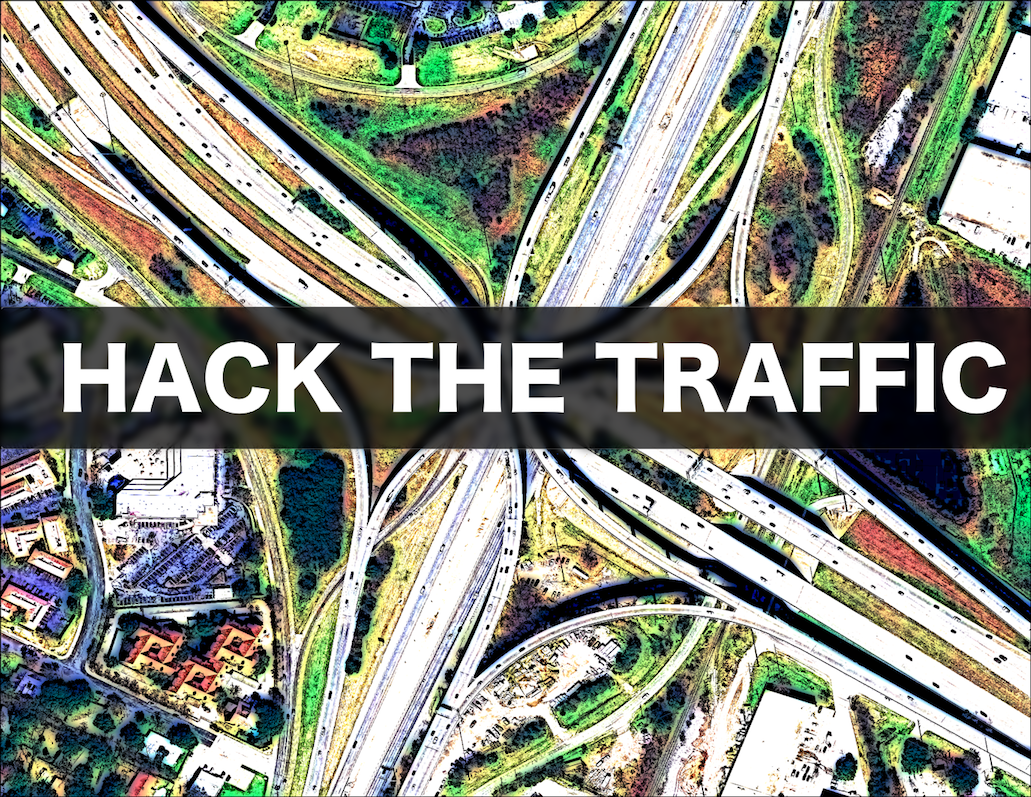ATX Hack the Traffic is a hackathon series that seeks to use data and technology to solve Austin's transportation challenges. The project is a City of Austin initative carried out in parternship with the UT Center for Transportation Research.
Our next event will be at ATX Hack for Change on June 2nd. Visit our Open Source Traffic Sensor repo for details about the Hack for Change project.
- Hack the Traffic - March 4, 2017
- ATX Hack for Change - June 2 - 4, 2017
- Transportation Data Challenge - Fall 2017
Catch up with us on Open Austin's Slack channel #HackTheTraffic.
Email us at [email protected].


